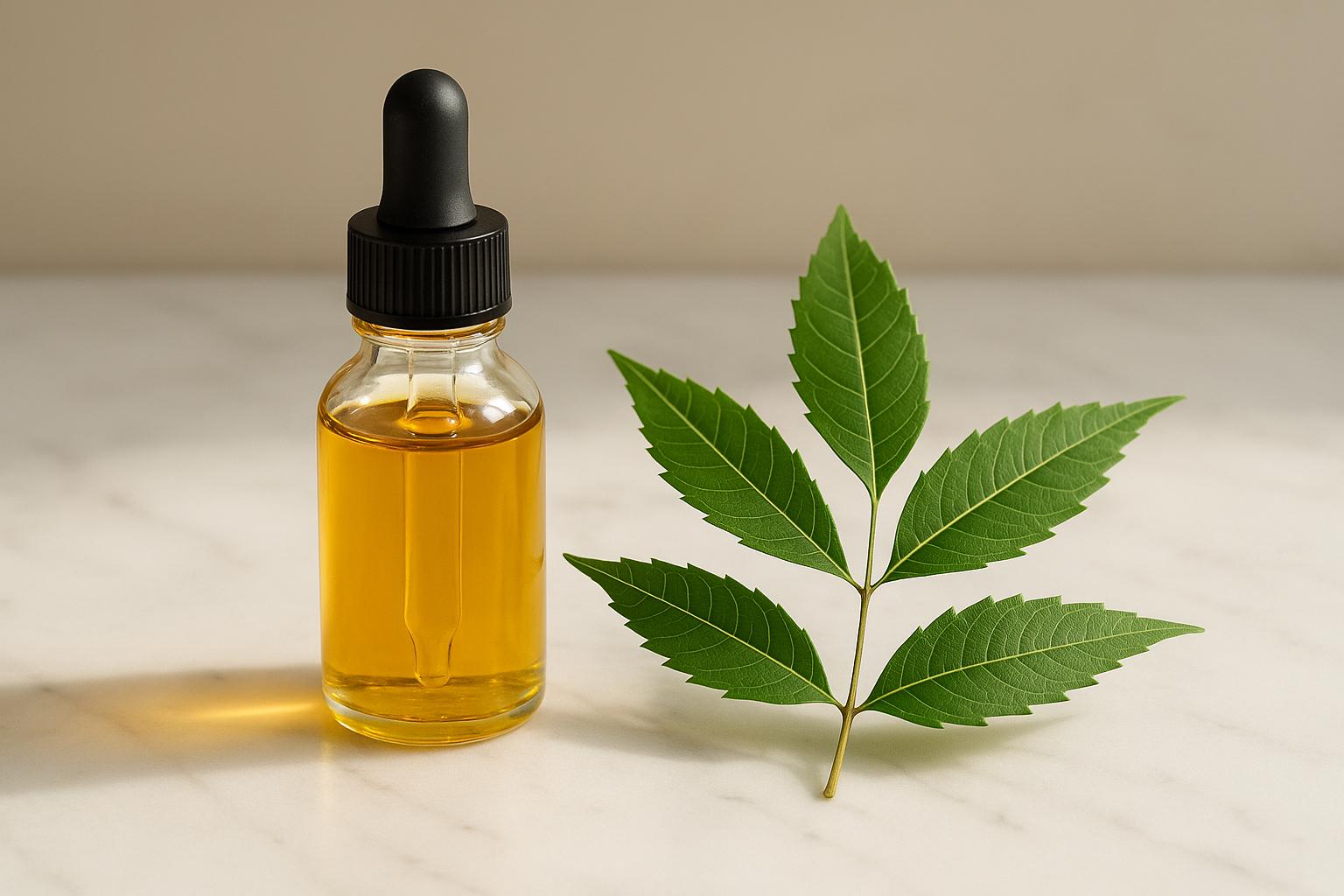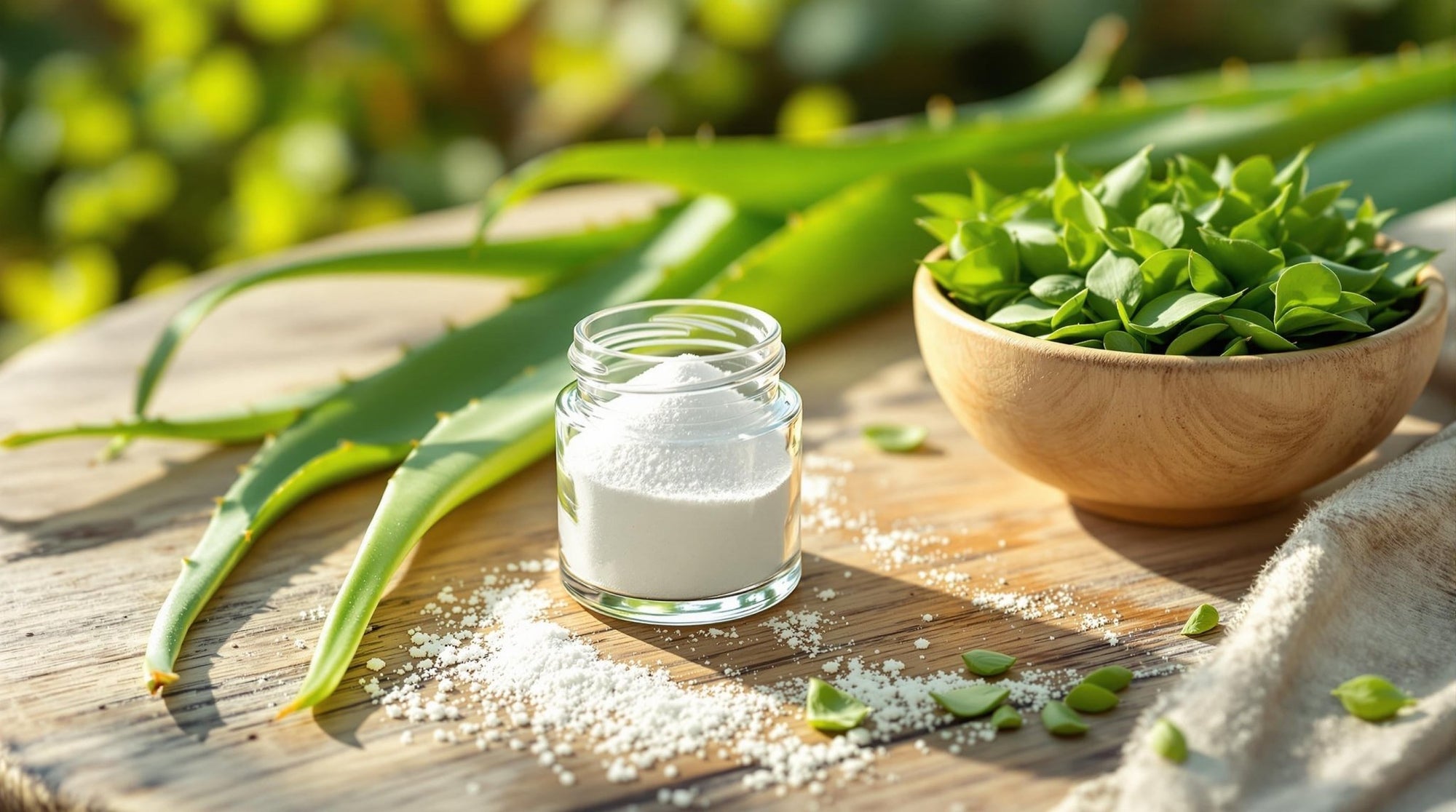3 tips for summer - skincare for psoriasis

Summer is here and with it comes sun and warm temperatures. For most people, this is a time of joy and relaxation. You are out in nature more often and maybe enjoy a sunbath or two.
With summer, not only our environment changes, but also the care requirements of the skin. In this blog post we want to focus on the needs of people with psoriasis and provide some helpful skincare tips during the warm season.
Tip 1: Change skincare for the summer

Psoriasis is primarily characterized by dry, flaky areas of skin. Moisturizing care is therefore always relevant. Rich care products are particularly popular in the bathroom cupboard in winter. Rich creams not only absorb more slowly, but often leave a greasy film behind - less than ideal for the sweaty summer.
It is therefore advisable to use care products that have a light texture and are quickly absorbed. Moisturizing ingredients are:
- Hyaluronic Acid : This ingredient keeps skin hydrated by binding water in the top layer of the skin.
Small application tip for hyaluronic acid serum : slightly moisten the skin beforehand and gently tap the serum onto the skin. - Lactic acid : Binds moisture and hydrates the skin.
You should also make sure that the care products do not contain any additives such as perfume, fragrances (e.g. linalool, citronellol and limonene) and silicones (can be seen on the INCI list with the endings “-methicone” and “-siloxane”).
Tip 2: Protect your skin from the sun

Sun not only has a positive effect on well-being through serotonin production, but also on psoriasis. However, sun should be enjoyed with caution. You probably hear it all the time, but take care of your skin! Sunscreen is your best friend in summer. Both in the sun and in the shade you are exposed to UV-A and UV-B rays. UV-A is primarily responsible for skin aging, UV-B for skin burns. Therefore, apply sufficient sunscreen regularly to avoid sunburn. Make sure you have a high sun protection factor (at least SPF 30)!
Tip 3: Wear proper clothing

Clothes made of cotton, viscose or linen are ideal in summer because they are not only light but also breathable! If you choose clothing that has a slightly looser fit, air can circulate better and avoid friction, possibly in areas affected by psoriasis. Polyester or other synthetic fibers should be avoided as the fabrics absorb moisture poorly and sweat creates a moist environment that makes the skin susceptible to irritation and irritation.
Sources:
Haut.de



